Overview
HotelOnline – A tale of building and scaling a company 10,000 km from home, surviving Covid, and breaking even twice
A decade after graduating from BI Norwegian Business School, my college mate Endre and I found ourselves living in the same neighborhood in Nairobi, through a series of coincidences.
We shared a passion for business, technology, and innovation, and we were always discussing business ideas.
We were both frequent travelers, closely familiar with hotels, airports, and airlines in Africa. Endre also owned a small guesthouse in Lavington, so many of the ideas we discussed, were related to travel and tourism.
In 2013, we took the first step on the journey towards what eventually became HotelOnline, when saw an obvious gap in the market: Jomo Kenyatta International Airport (JKIA) was the aviation hub in the region, yet there were no budget hotels nearby.
Nairobi Airport Hotel
We didn’t have much investable funds, and with limited hotel industry experience, hopes of raising an investment to build a hotel were slim. As a Minimum Viable Product, we leased five budget apartments in a nearby residential estate, using our own meager savings. We marketed this venture online, as an airport furnished apartments hotel, with free airport transfer as a killer feature.
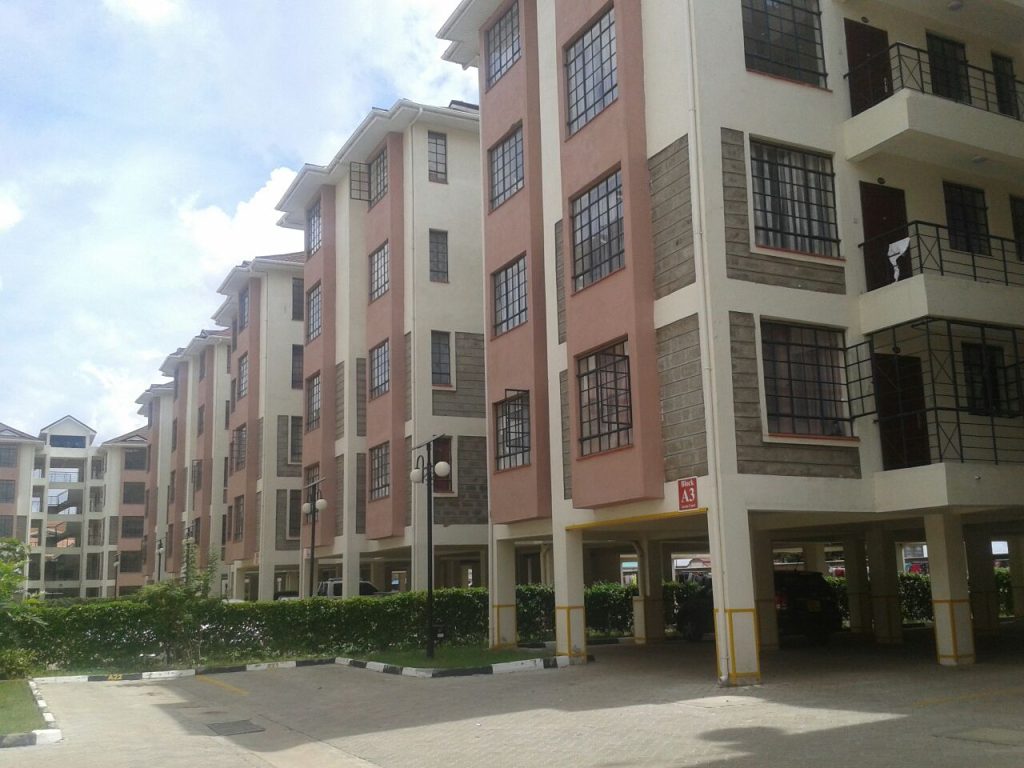
Few hotels in Nairobi discovered the online world in 2013. People familiar with the industry dismissed the notion of online marketing altogether and insisted that competitive commission agreements with taxi drivers at the airport were the only thing that worked.
Fortunately, we didn’t listen and pursued our then-unique strategy instead. With well-optimized profiles on Expedia and Booking.com, and a website with a direct online booking engine, Nairobi Airport Hotel started ranking on top in all channels.
Our concept was an almost immediate success. The apartment hotel was fully booked from the moment go! In 2014 it became one of the most-booked properties in Nairobi on Booking.com. Our five budget apartments were getting more online bookings than the Hilton and the Intercontinental! Both those hotels later went out of business, but that was not because of us.
We didn’t know it at the time, but we had just pioneered what Kenyans years later would come to know as the “AirBnB business”. We wanted to expand, but not all the neighbors in the residential estate were thrilled about all the guests coming and going. That was when we got the idea of selling our success formula to hotels. If we could build such a success with five apartments, then imagine the miracles we could do for other hotels!
Savanna Sunrise
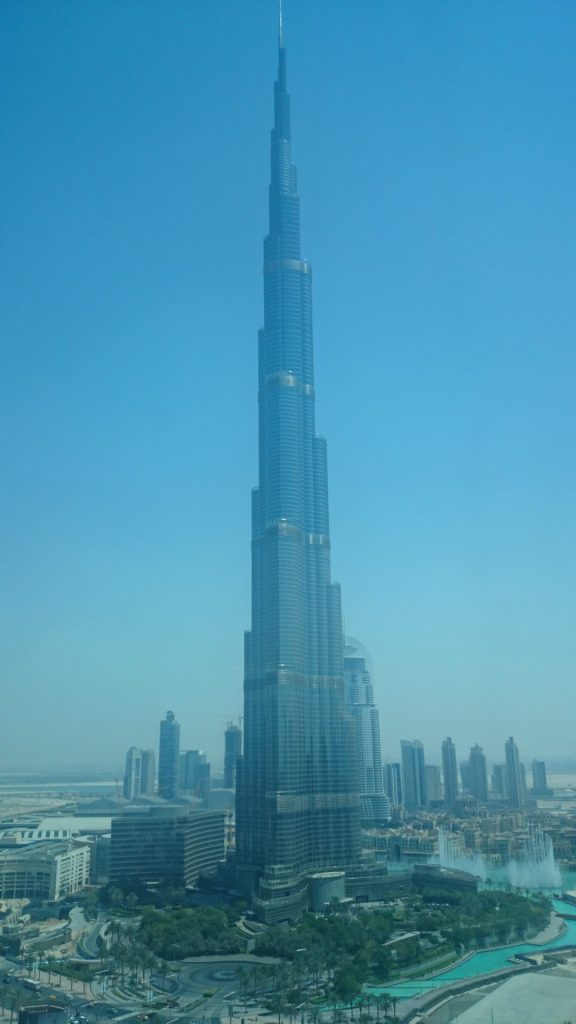
Our plans went into high gear. After some brainstorming at Casablanca Bar, the birthplace of our entire business concept, we agreed on Savanna Sunrise as the name for the company, and on the UAE as the country of incorporation.
The following Friday afternoon, returning from one of my then-frequent trips to Kinshasa, I went straight onto a connecting flight in Nairobi. Five hours later, I found myself in Dubai, where Endre was already waiting. Already conversant with the travel and hospitality industry, we had gotten an incredible deal at Sofitel Downtown in Dubai. As I entered the room, and saw the stunning view of Burj Khalifa right across, I could already feel that we were on to something great!
Sunday being a working day in Dubai, we met with our agent, who had most of the paperwork ready. Savanna Sunrise – a metaphor for Africa Rising, was born. The sun was indeed rising on our nascent business empire.
From Hotel Management to Marketing
Our initial idea was to offer full-stack management and marketing for smaller, family-owned hotels. When the first prospective deal in Uganda collapsed after long, protracted negotiations, we opted for a simplified model focusing on online marketing, targeting shorter sales cycles and fast expansion.
The new business model was an almost instant success and started bringing in money. It was still a shared side hustle, but we now saw this could grow into something big! As 50/50 partners, we had already agreed that I would go full-time after one year, so I had started the countdown until I was to leave my then-employer, and go all-in on our entrepreneurial project!
Going All-In
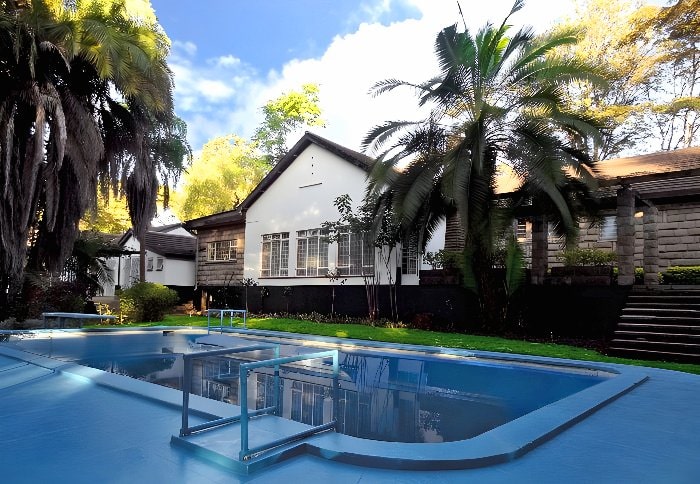
The growth accelerated in 2015. We merged Endre’s guesthouse, Eden Gardens, into the project, and the smallest room there became the first Savanna Sunrise office.
To service the fast-increasing number of reservations from across the world, we created a 24/7 Customer Service department, a major unique selling point at the time.
We were making money, but obviously not enough to match my generous salary at the time. An agreement is an agreement, though, and I was determined to stick to it, even if it meant taking a pay cut for a while. Ditching a USD 12,000/month job for entrepreneurship is never an easy decision, but it was too late for second thoughts!
On a trip to Johannesburg in late 2015, I had that “difficult” talk (which wasn’t really that difficult) with my boss, and the stage was set: I was going full-time one Savanna Sunrise!
The eZee Technosys Partnership
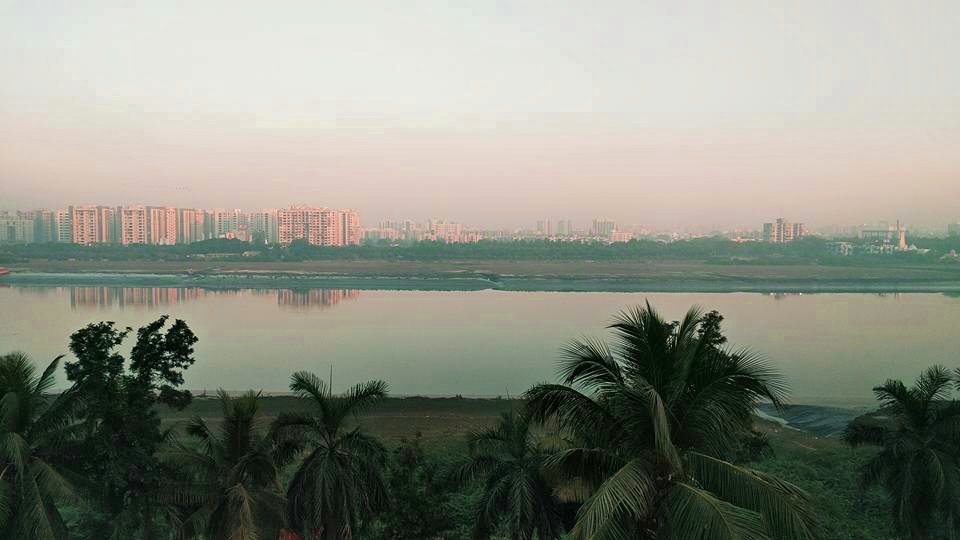
Returning from a family Christmas vacation in Spain in January 2016, I jumped straight on a plane to India. Our technology partners, eZee Technosys, key to our expansion strategy, were keen on strengthening the relationship. Aiejaz, the new CEO of eZee, had invited Endre and me to his wedding. We were honored, and we obviously accepted the invitation.
With “only” 7 million inhabitants, the city of Surat does not attract many international visitors. Except for eZee, it is not home to many software companies either. Surat, however, has built strong niche industries in the textile and jewelry sectors, and 70% of the world’s diamonds are cut there. The expression on the immigration officer’s face spoke volumes when I said I was going to Surat, and she noticed the Congolese residence permit in my passport!
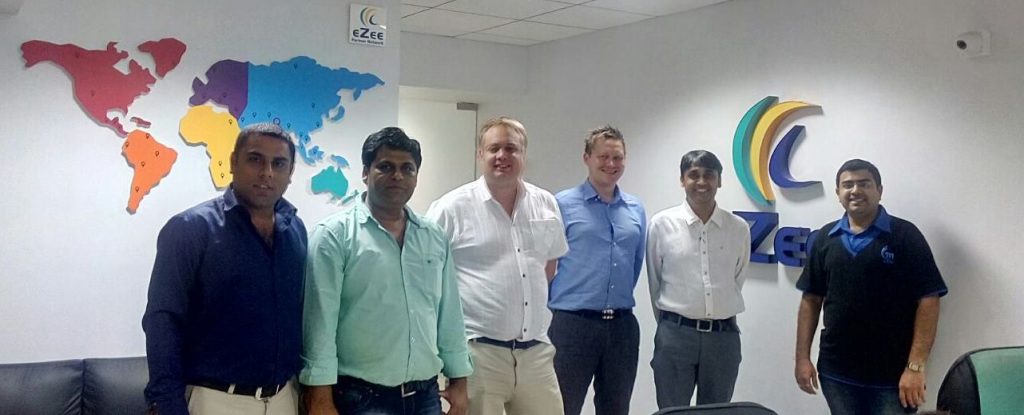
The Indian state of Gujarat is dry. Not climatically, but don’t get your hopes high on catching a cold Kingfisher in the hotel bar! The last time I had attended a wedding in India, in 2009, the alcohol was flowing. This was a Muslim wedding in a state practicing prohibition, so the vibe was different. Indian weddings are invariably massive and spectacular, though, and this one sure was too!
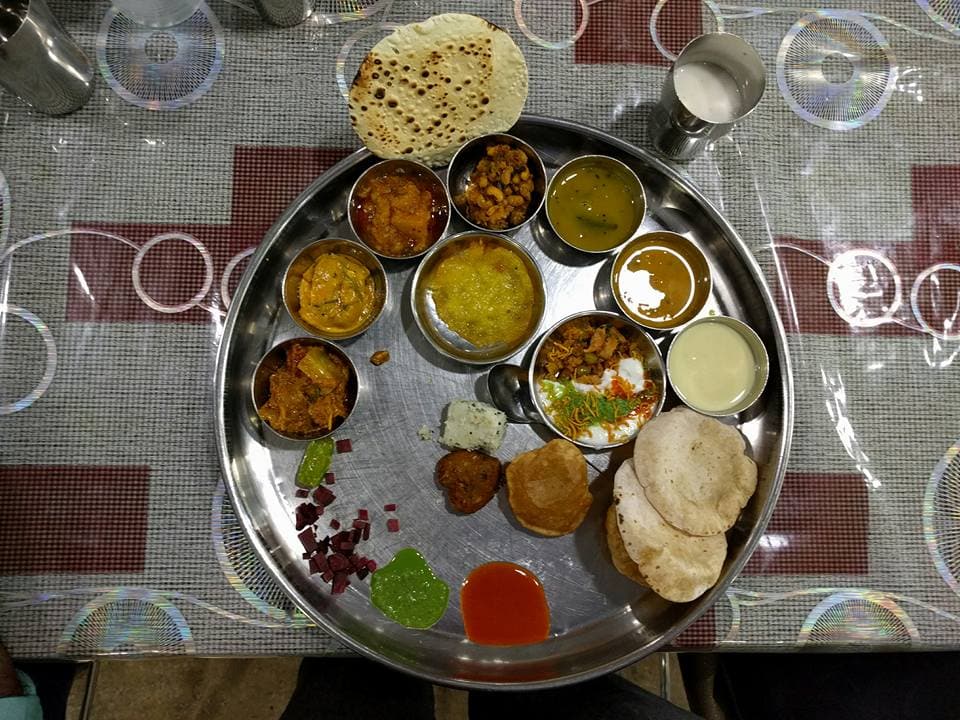
It was also a great occasion to get to know the whole eZee management team and take a key strategic partnership to the next level. The Gujarati lunch on the signing day was more than just a foodie experience: It was a small but important celebration!
Armed with a strong partnership agreement, we met up with Shravan Shroff, notably known as the first investor in Indian traveltech unicorn OYO Rooms. While our hopes of landing an investment from him didn’t materialize until 3.5 years later, it was the beginning of a key relationship.
The Four Seasons in Mumbai has a high-flying sky bar, with stunning views of the megacity, and an extensive cocktail menu. One of those places where you literally feel on top of the world, and we sure did! The next chapter in our entrepreneurship journey had begun.

Orion Capital
To expand, we needed more substantial investments than those already received from a handful of daring friends. After a dinner party with some excited, late-night business discussions in Oslo in June 2016, I got introduced to Sindre Ottesen, the incoming CEO of Orion Capital Partners. The boutique investment firm, recently acquired by a Sudanese tycoon, was intended as a vehicle for Africa-focused investments. A perfect match, in other words.
As the dialogue intensified through the autumn, we entered a formal due diligence process for a USD 600,000 investment at a USD 3.6M valuation. Our rise was unstoppable!
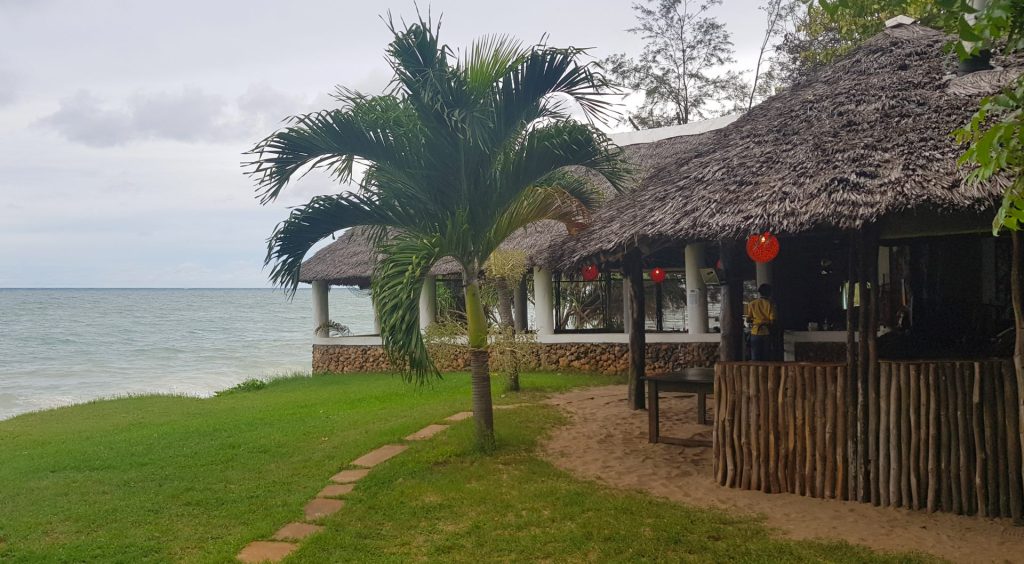
Sindre and one of his fellow directors finally visited us in November 2016. After back-to-back meetings with our staff, with Booking.com, and with a local hotel partner who literally claimed that his relationship with Savanna Sunrise was a gift from God, we concluded the epic visit with an amazing beach lunch at Monsoons, quite possibly the best beach restaurant in Africa. As our visitors headed to the airport, Endre and I felt that some bubbly would be just the right thing. It was time to celebrate!
The first tranche of the investment was to be disbursed before Christmas. Only some paperwork formalities remained. We truly felt like the kings of the world!
December 19th 2016, the last working day before Christmas, was the big date. Having concluded everything, we were in a Christmas mood. I had taken my daughter, Sunniva, on a trip to Spain to visit my parents, who usually stay there during the winter months. Having left Sunniva with them for two days, I went on a quick trip to visit the Africa HQ of Expedia, in Madrid at the time, and the Hotelbeds global HQ in Palma de Mallorca. I eagerly awaited the mail confirming that the money was on the way when a very different message came: Orders from above. Tranche 1 on hold pending an extra round in the investment committee!
It would allegedly only take one quick review in the investment committee in January. I did not feel reassured. Something was wrong.
“Al Kalb”
We were asked to share a few more documents. Then nothing happened. From the feedback, it seemed that the Sudanese owner himself had intervened, and put the deal on hold.
Based on the certainty that the investment would come, we had already started accelerating, hired more people, and built a cost base that was unsustainable without more money.
As our hopes started waning, Sindre seemed increasingly frustrated that the “big kahuna” wouldn’t let him proceed. We were obviously stuck.
The Sudanese tycoon had apparently bought a bank in Switzerland and thereby overextended himself so he wasn’t even able to pay the salaries of his staff. We heard rumors that his car had been repossessed in London and that he faced lawsuits from his staff in Norway. People in Orion Capital referred to him as Al Kalb, meaning “the dog” in Arabic. From my meager knowledge of that language, we came up with an even worse nickname, but that one is not suitable in writing..
On Monday, January 16th, we had to deliver a sad message to our staff: 1/3 of them were going home. It is the most painful thing an employer can do, but this was to avoid doom for everyone.
Despite the extreme situation, we were as determined as ever: This was just a setback, and it was not going to stop us!
Sindre and his chairman had given up on the Sudanese S.O.B and had taken Orion Capital to court to have the company liquidated over salary arrears. A familiar situation for me, as I had done the same five years earlier with my former employer, Jon Bøhmer.
Sindre remained our strong ally. We invited him on board as our first professional Board member. With numerous introductions to potential investors in Norway, the ball was once again rolling.
HotelOga
A group of Polish entrepreneurs in Nigeria had started a competitor called HotelOga, apparently inspired by our business model. They had raised money in 2016, based on aggressive expansion plans. Having burnt the cash, they contacted us, proposing a merger.
The idea was compelling. Sindre, now a Board member, was supportive and gave us a due diligence crash course. We entered talks about a 50/50 merger and signed a Letter of Intent. Their next move was a draft press release. We thought that was premature, but they were adamant, so we were not going to let that be a dealbreaker.
HotelOga was a high-profile company, and the story hit the headlines with a boom! Savanna Sunrise was on Pulse! by Business Insider, in TNooz, a top global traveltech publication, and in dozens of Nigerian and Pan-African traveltech and entrepreneurship magazines.
Unfortunately for HotelOga, Sindre was a master of DDs. What emerged wasn’t promising, so we eventually called off the whole thing. Yeah, the one that had been all over the press! 😀
The problem was the Nigerian company, though, and they had moved so fast, that they hadn’t even consolidated with the technology entity, based in Poland. Hence, after calling off the merger talks, we started a new round with the Polish company and acquired them in a much smaller equity deal.
The Nigerian entity collapsed spectacularly only weeks later, with massive unpaid debts to hotels and OTAs. The shockwaves in the Nigerian market were so big, that even the top executives in Expedia, Booking.com, and Hotelbeds were briefed about the disaster
From Savanna Sunrise to HotelOnline
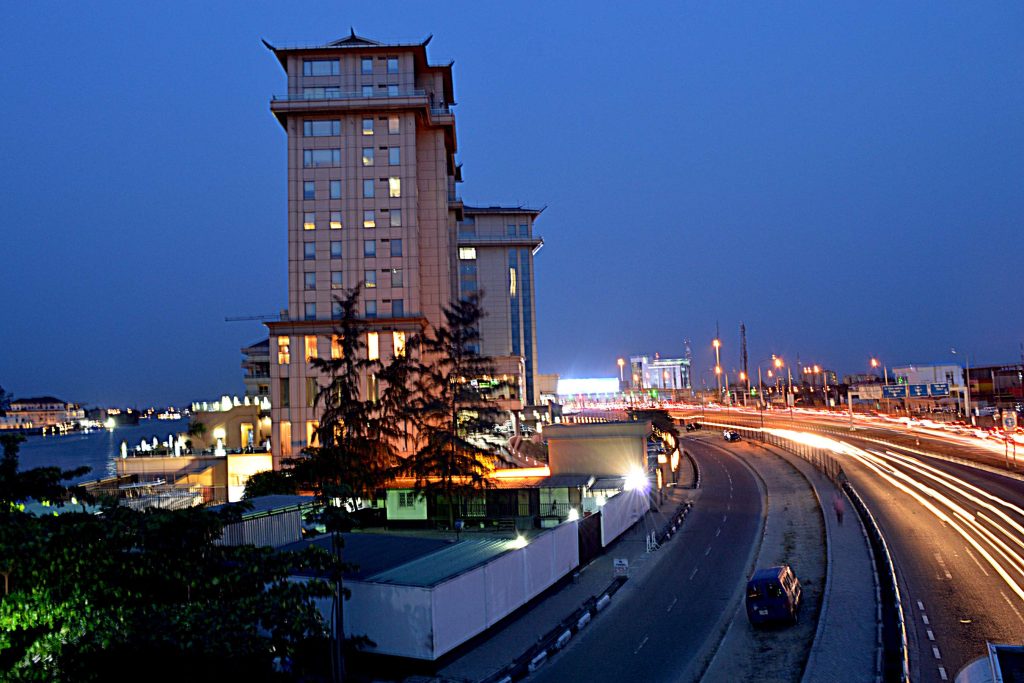
The Polish company was called Hotel Online Sp. zo.o. As we inked the deal, we agreed that HotelOnline would be a better name for the merged group, so as two companies became one, the old Savanna Sunrise name went out through the window. Then we went for Nigeria!
Venturing into that market, we got connected to a group of Nigerian investors who not only invested USD 75k but also brought in connections and valuable local support.
Jumia Travel, a Rocket Internet venture that eventually failed, had long been our poaching ground for salespeople, and with a new country manager from there, we took the step from being a regional player in East Africa to becoming a pan-Africa traveltech company.
Africa’s First Equity Crowdfunding
Our ambition of doing an eventual Series A round was as strong as ever. The idea of raising small amounts from vast groups of investors had however become compelling: We could cover our funding needs without giving up substantial control to a VC. Exciting indeed!
This was late 2017, and Africa hadn’t seen an equity crowdfunding yet. It seemed like a good way to raise money fast while cementing our position as technology pioneers. The most competitive offer was from a little-known Norwegian platform called SparkUp.
The concept of crowdfunding is to set up a structured marketing campaign and to use the platform to organize your interactions with people. Pooling our contacts from LinkedIn, Gmail, and a few other platforms, we put together a list of more than 12,000 recipients!
A Polish couple doing professional video projects while traveling were in Kenya at the time. We needed a video, and they offered a competitive price, so it was a no-brainer. Some quick scriptwriting and a bit of coordination, and voilà: We had a 2.5-minute video shot in Kenya, Uganda, Nigeria, Poland and Norway. Our design genius, Szymon, in Poland, put together a hell of an Investment Memorandum, and Boom!, we pushed the Send button on October 17th, 2017. The first-ever equity crowdfunding in Sub-Saharan Africa was live!
One of the things you discover in such an exercise is who in your network has money to invest. Traction was good, people were interested, and for a while, we looked set to overshoot our USD 250k target by quite a margin. At the close of the round, we were exactly on target. HotelOnline had successfully closed Africa’s first equity crowdfunding!
Mergers, Acquisitions, and Visibility!
In early 2018, we went ballistic on acquisitions: We had had a dialogue going with the entrepreneurs behind the Cityhotels OTA for more than a year, and we finally decided to acquire them in April. At the same time, we moved fast to acquire an award-winning Senegalese traveltech company called Teranga. We more or less stumbled across the chance to acquire Solferie, an analogue vacation rental business in Kristiansand, in Southern Norway, so we gobbled them up too.
Barely a year after the HotelOga merger talks, our expansion and acquisitions had taken HotelOnline’s visibility from zero to hero. We had become a hot topic in the tech and entrepreneurship press in Africa, and HotelOnline had been on the front page of Finansavisen, a major Norwegian business daily twice in one year. That visibility had turned out to be a huge asset when acquiring others, as our newfound fame made equity deals with us a compelling prospect.
Later acquiring the Norwegian operations of an erstwhile rising rental tech star called Key Butler, we got permanent operations on the ground in Norway, and also a better handling of our pre-existing vacation rental business.
First Break-Even
In 2019, we started seeing the full effects of the new and more focused strategy, with rapid growth and finally the moment all founders yearn for: Break-even and profitability in Q4!
We were ecstatic! Finally, the company was making money. All arrows were pointing up, and 2020 looked set to become a year of all-time highs. What could possibly go wrong?
Surviving Covid
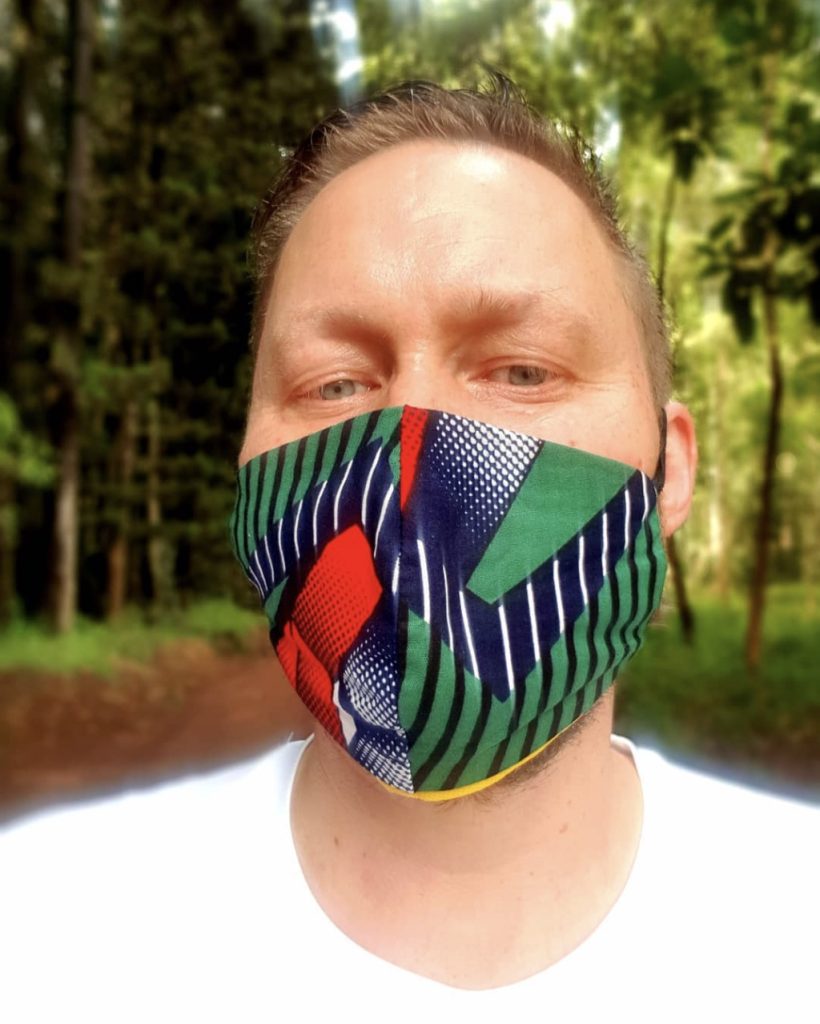
From our glorious peak, we plunged into the Valley of the Shadow of Death as borders closed and airlines were grounded due to the Covid-19 pandemic. A lot of excellent people went out through the door as we entered survival mode. The bottom line nosedived into the red again. Luckily, the memories of our recent breakeven were still fresh, and our shareholders were ready to take the risk of putting some fresh money into the operation to keep us afloat.
Calling those months exciting would be a gross exaggeration. While a lot of companies in the tourism sector succumbed, we stayed afloat!
So rare was our feat that we were even able to acquire Africabookings and Cloud9 in pure equity swaps. In a market where the value of other companies is nulled out, it’s a buyer’s market for those who manage to stay put!
Yanolja!

Oh, then there was that partnership with eZee Technosys: all of a sudden, they got acquired by a Korean traveltech giant called Yanolja. The fact that most people outside South Korea had never heard about them did not preclude a USD 12 bn valuation and plans for a NASDAQ IPO. The company whose name means “come, let’s play” in Korean, started as a booking site for love hotels and grew into a global travel technology conglomerate. Backed by SoftBank and Booking.com, they were on a buying spree, and after some months of initial dialogue about business in general, an email dumped into our inboxes in May 2021 with an offer to invest in HotelOnline.
A Zoom call with the CEO of a USD 12bn company is not an everyday thing. It would be an understatement to say that we came prepared. The course was set for a great leap forward (and not in the Mao Zedong sense)!
Raising money from a major institutional investor is very different from crowdfundings and Angel rounds. After a 10-month process that involved a legal and a financial due diligence, two law firms, and a relocation of the HotelOnline group holding company from Dubai to Singapore, we were all set, and ka-ching! On March 5th, 2022, {an undisclosed amount} hit our bank account. Our Series A was officially a success!
Pre-Covid Levels and Beyond
Having a strategic industrial investor like Yanolja on board means a lot more than just the money. you also get strategic guidance and support from the best.
Armed with money and support from some of the world’s best traveltech strategists, it took us less than a year to get back to pre-Covid levels and beyond. Along the road, we brought another competitor into the fold with our most-publicized acquisition yet: HotelPlus! That brought us to 11 mergers and acquisitions since our incorporation.
Breaking even for the second time!
While the VC world and the press covering it tend to glorify raising money, breaking even is the ultimate proof of a healthy business model.
And break even we did. For the second time! After getting there in 2019, surviving Covid, and rebuilding the business to pre-pandemic levels again, HotelOnline is back to profitability as of 2023!
To the shareholders who have supported us with money, advice, introductions, and not least with your trust since 2016: Thank you! We couldn’t have done it without you!

HotelOnline in Facts and Figures
7 million USD Gross Sales (2023) 💡 30 headcount 💡 6,000 partner hotels
💡 27 countries 💡 11 international mergers and acquisitions
💡 First equity crowdfunding in Africa 💡 90+ shareholders from 16 countries
💡 Covid survivor